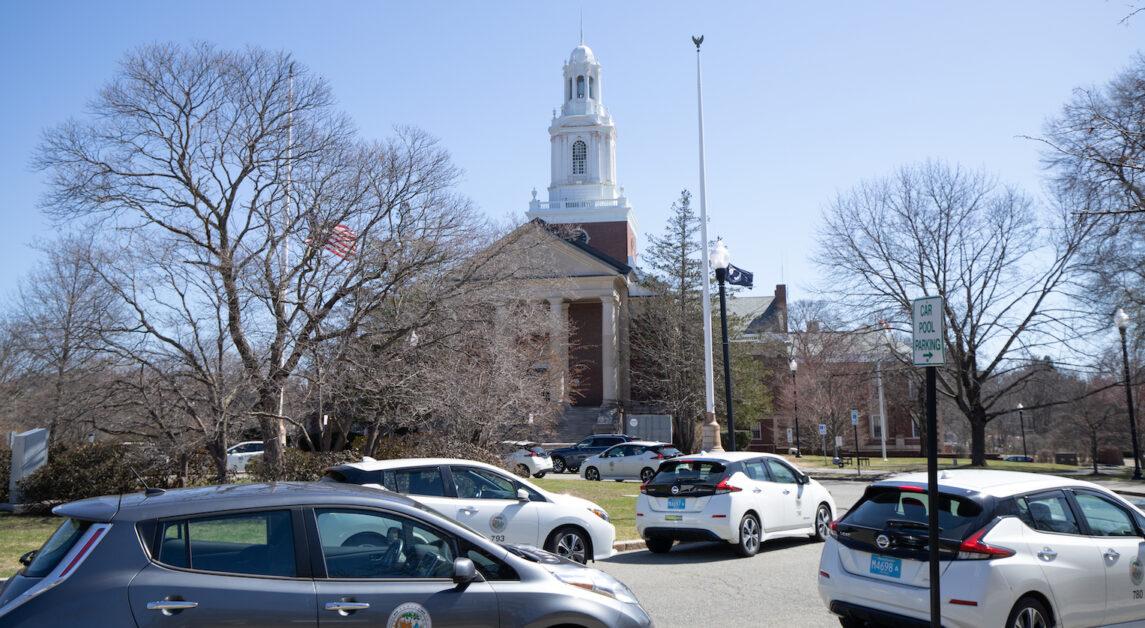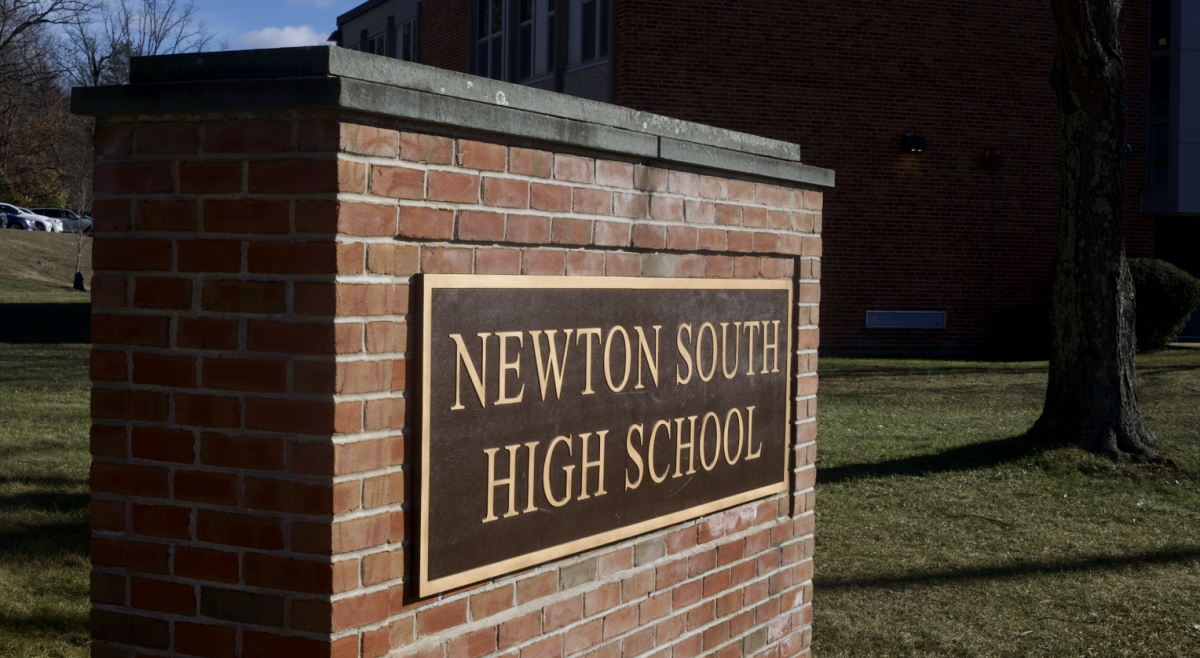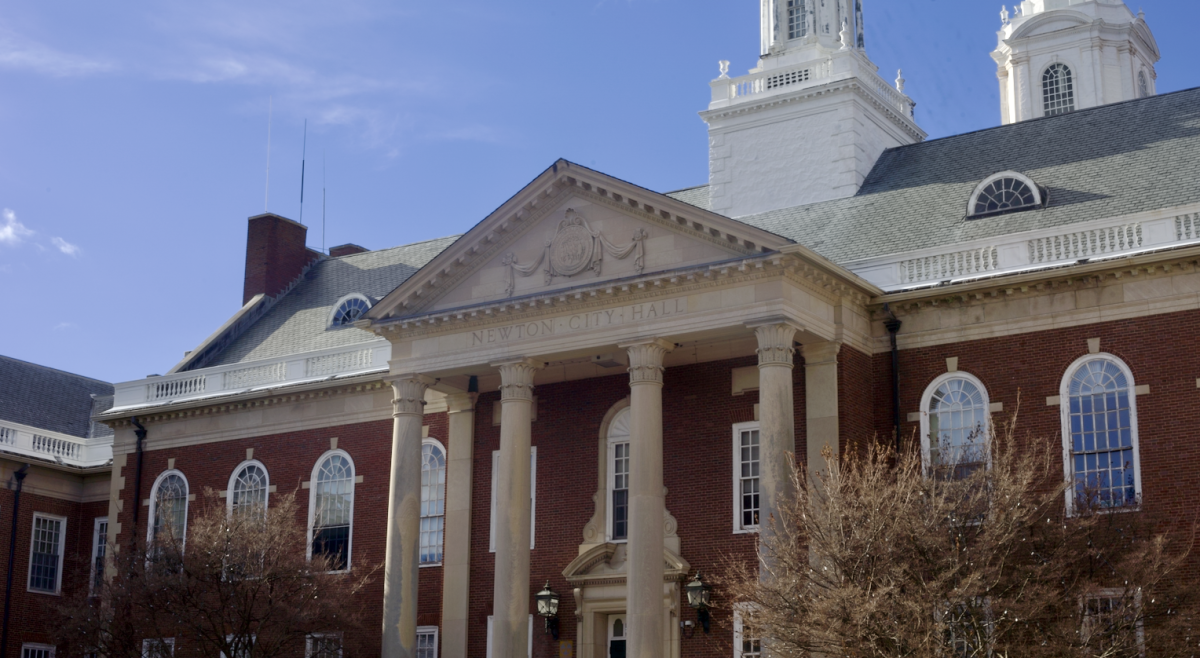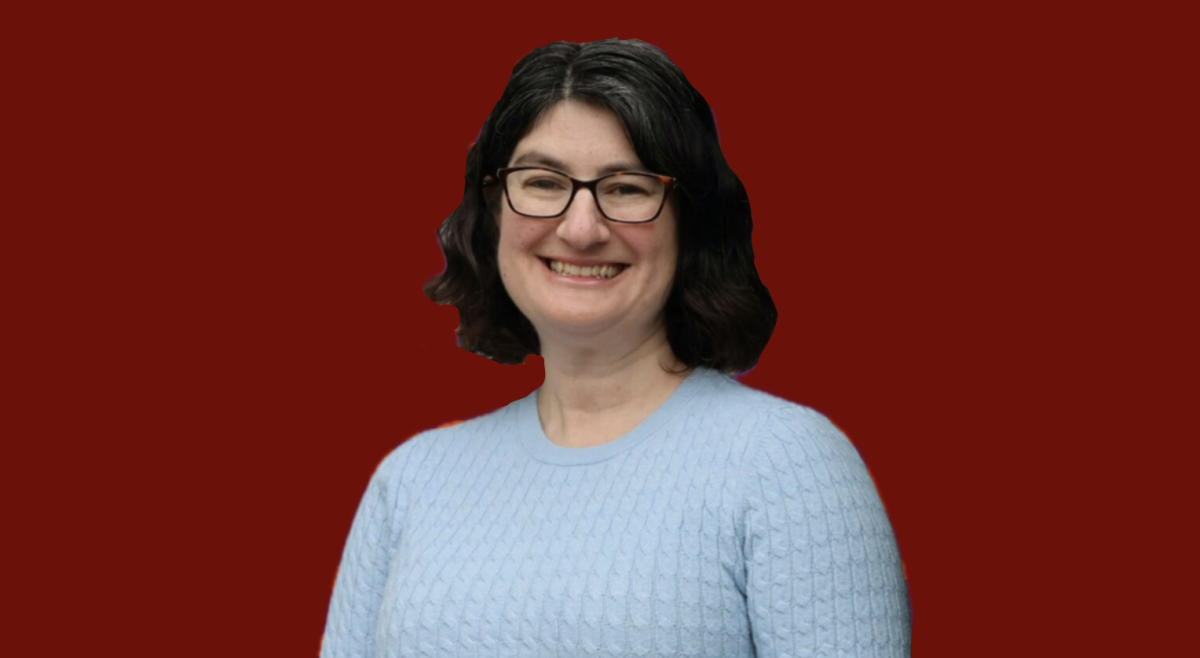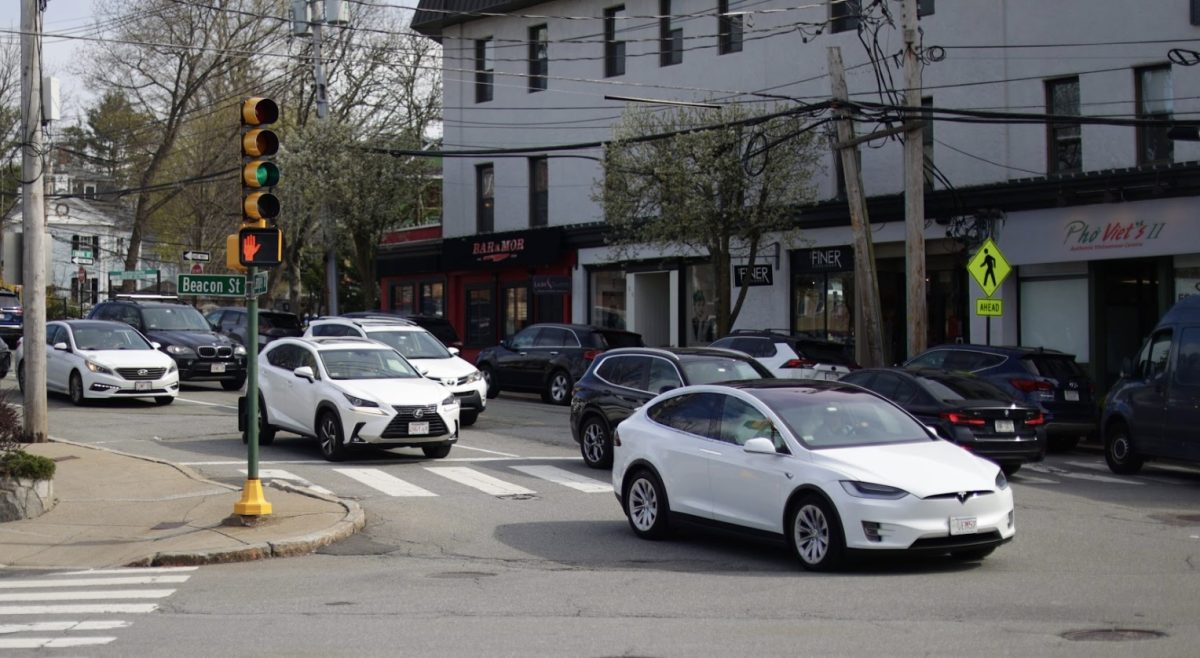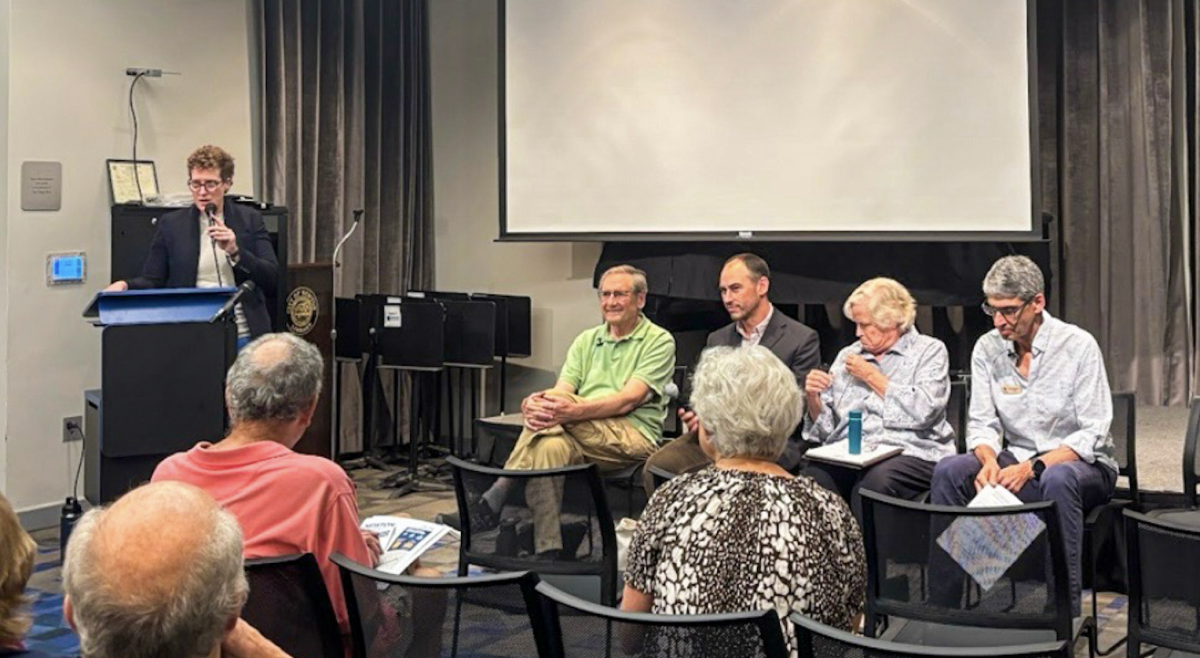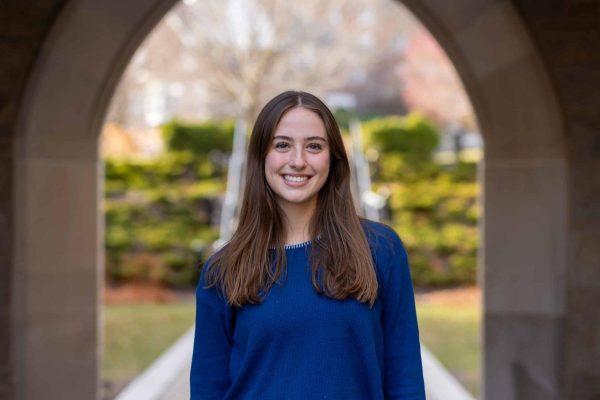Newton City Council finalized amendments to the third version of the Village Center Overlay District (VCOD) on Wednesday night.
The proposed changes come after the city’s Zoning and Planning Committee approved the VCOD maps in a 5–1 vote with one abstention at its Oct. 23 meeting.
The city council must pass a new zoning ordinance by Dec. 31 in order to comply with the MBTA Communities Law, a 2021 state law requiring increased zoning for multifamily housing in areas near public transit. Newton must adhere to the law by the December deadline or risk losing certain state funding.
“Attracting a diverse population to the City of Newton by providing a broader range of housing options will ensure we remain a lively and economically strong community,” the city’s website reads.
Susan Albright, Ward 2 councilor-at-large and city council president, began the meeting by reminding councilors and the public that the VCOD is the only current proposed zoning ordinance that will allow Newton to comply with the MBTA Communities Law.
“There’s only one set of rules for all the villages, not two sets of rules, one for VCOD and one for MBTA [Communities],” Albright said. “All the villages that we approve will be under the same rules, and they will apply to any villages we decide to include on the map. So I hope at least amongst us—I know the public is confused about that—but I hope amongst us we’re all on the same page.”
The council voted on 10 proposed amendments to the updated plan, including minimum lot requirements, a required site plan review, and a maximum first floor height. Only one of these text amendments passed, a clause requiring 0.5 parking spaces per adaptive reuse unit in the Multi Residence Transit (MRT) Zone.
Lisle Baker, Ward 7 councilor, introduced the parking requirement that passed in a 15–9 vote and said the MRT units should have some parking requirement to accommodate the demand that will come with adaptive reuse of existing housing.
“The point, I think, of this amendment is to say, ‘let’s have some parking requirement but not as much for an adaptive reuse, just to make sure that we’re taking care of the demand that is created and also minimize the potential impact on abutters and neighbors,’” Baker said.
Jen Caira, deputy director of planning for the City of Newton, said parking requirements can put a burden on developers in certain areas and can discourage adaptive reuse.
“Adding a parking requirement, while we expect one may often be provided, there may be parcels where it’s just not feasible or not feasible to fit the required minimum,” Caira said. “So we think it helps incentivize adaptive reuse to not require parking.”
Rebecca Grossman, Ward 7 councilor-at-large, said citizens don’t always plan for their parking needs and are often left without parking resources. She said a parking requirement in the MRT zone could be a step to helping those people.
“Folks purchase or rent a home in the city and haven’t necessarily made arrangements about what their parking situation is going to be, and that’s gotten really tricky,” Grossman said. “They then approach [the city council] and would like us to solve that problem and we’re not able to help them. So for that reason … I’m going to support the amendment.”
With the amendments finalized, the council deferred debate on amendments to the VCOD map for its Nov. 20 meeting.

